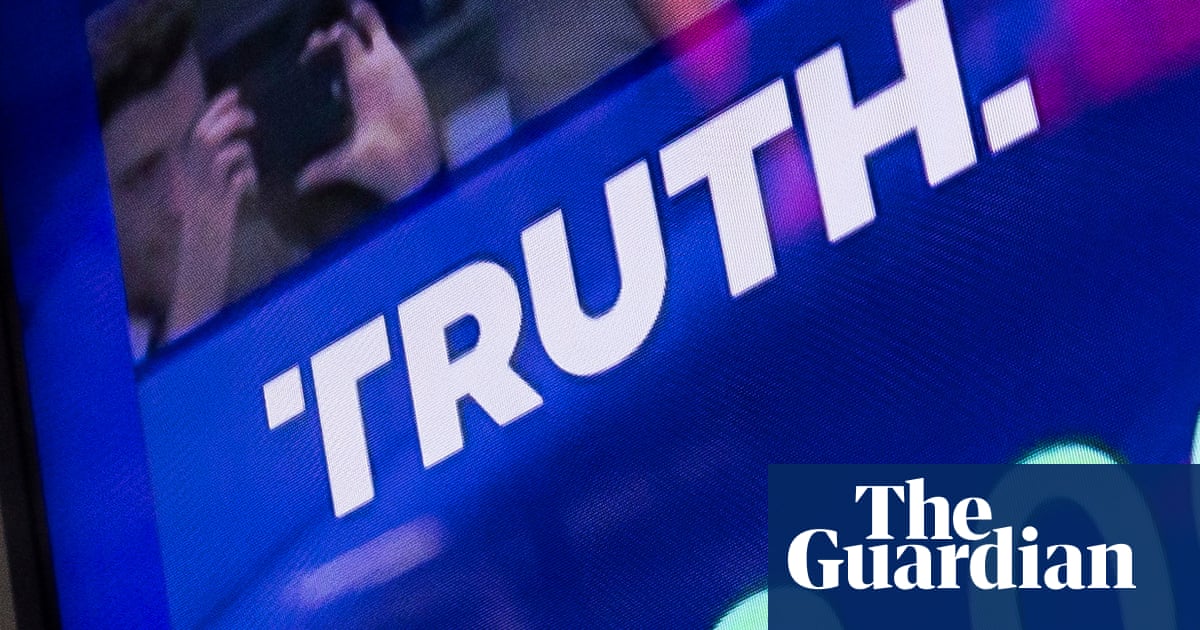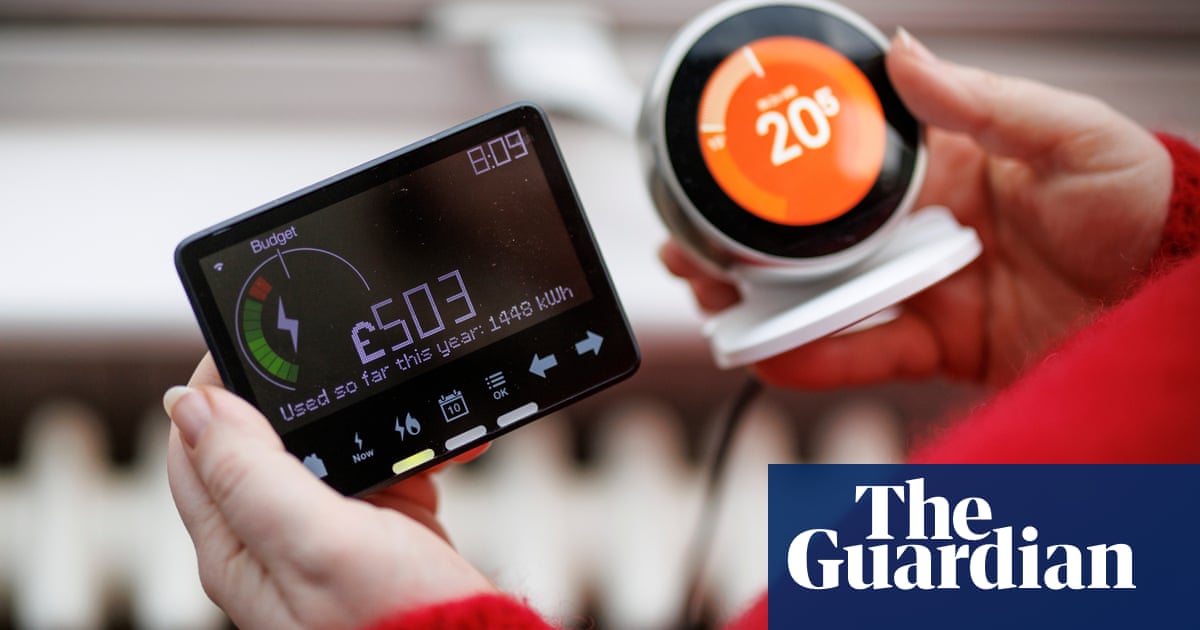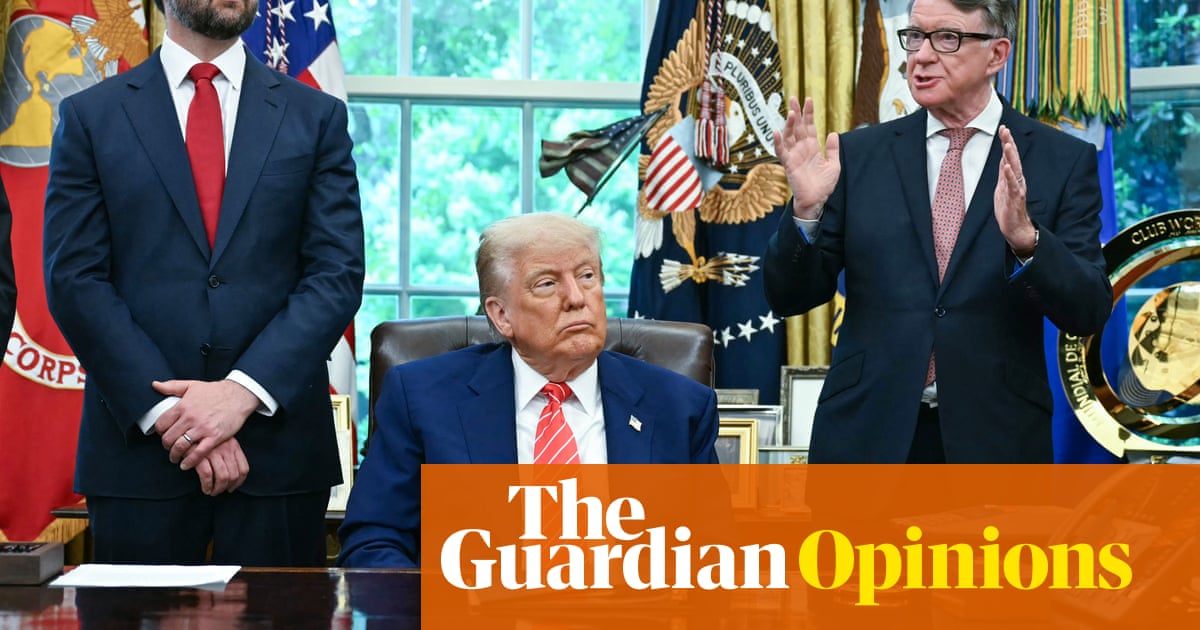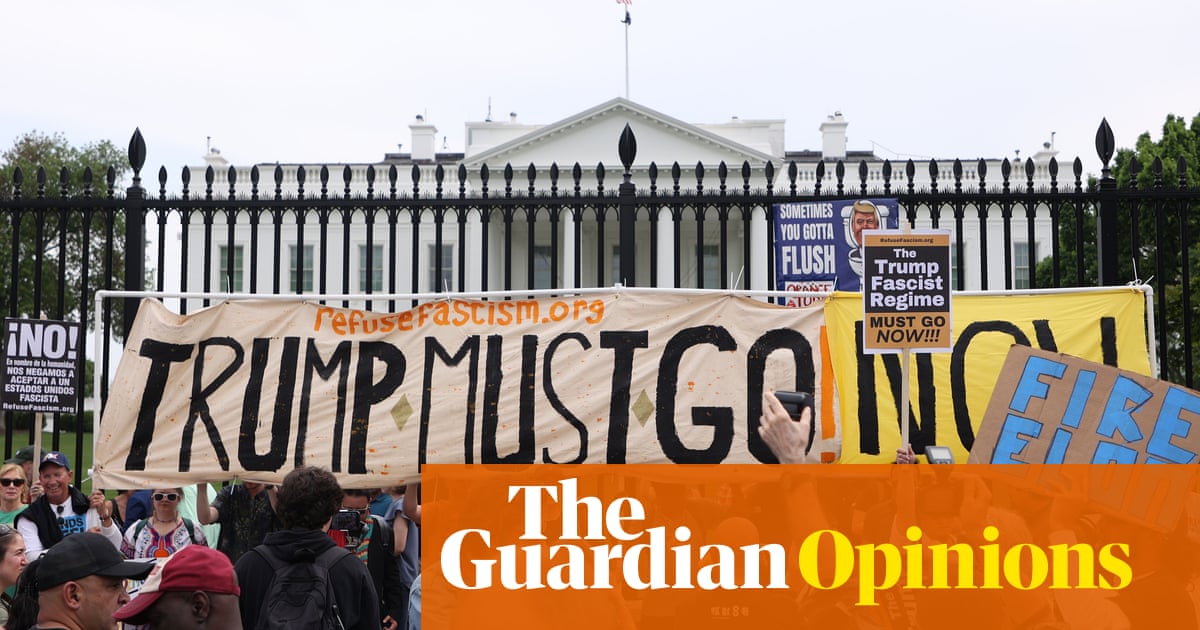When some of the biggest banks on Wall Street reveal their full-year earnings this week, they will have more to celebrate than just rising profits.
Donald Trump’s presidential inauguration on 20 January – scheduled the Monday after US bank results week – will raise the curtain on a period of looser regulation, lower corporation tax, and weak climate commitments.
These moves are likely to be welcomed by lenders such as JP Morgan and Goldman Sachs, which have already been back-pedalling on net zero promises, and railing against higher capital rules. And if those changes deliver higher returns for investors, shareholders are unlikely to complain. “Investors have already welcomed these prospects given how shares in many US banks have performed since the US election result,” says Dan Coatsworth, an investment analyst at AJ Bell.
JP Morgan, which is expected to report a jump in annual profits on Wednesday, according to UBS, has seen its shares pop 10% since Trump’s victory in November. Shares in Goldman Sachs and Bank of America have risen 13% and 11% respectively.
The prospect of Trump’s anti-green agenda could result in further profit growth on the back of fossil-fuel-friendly industries. It comes amid a growing backlash against ESG (environmental, social and governance) goals by US politicians, particularly those on the right of the Republican party. Officials in Texas have started to penalise financial firms that dare to promote their green credentials, with the state’s comptroller having added NatWest to a growing list of firms accused of boycotting its oil industry last summer.
In a letter to shareholders last April, Jamie Dimon, the boss of JP Morgan, hinted at plans to dilute the bank’s climate pledges. He said JP Morgan would “use the word ‘commitment’ much more reservedly in the future, clearly differentiating between aspirations we are actively striving toward and binding commitments”.
Nine months later, the bank joined peers such as Goldman Sachs, Citigroup, Bank of America and Wells Fargo in announcing that it was leaving the UN-sponsored net zero banking alliance, which helps lenders to reduce their carbon footprints.
JP Morgan said it would instead work independently to help clients “engaged in energy transitions”, and pledged to work on “pragmatic solutions to help further low-carbon technologies while advancing energy security”.
after newsletter promotion
Meanwhile, Trump’s second term in the White House is expected to lead to a bonfire of regulations, with the incoming president saying he would slash 10 regulations for every new one added. Bank bosses will be hoping that among them will be the so-called Basel III rules, which are meant to ensure banks hold enough capital to absorb potential losses.
Basel III was part of international efforts to avoid a repeat of the financial meltdown in 2008, which forced governments to spend billions of dollars bailing out big lenders that took too much risk. Over the past two years, US bank lobby groups have embarked on a campaigning blitz against the capital requirements.
Regulators had begun caving in under the pressure. In September, the US Federal Reserve slashed a planned capital increase to 9% in September, less than half the 19% proposed. The lobbying continued, and successfully delayed the decision until after the US presidential election.
Trump’s win cleared some final hurdles. Officials such as Fed vice-chair Michael Barr – who had pushed for stricter oversight of UK banks – resigned last week, citing the “risk of a dispute” once Trump takes office.
Analysts are now betting the Basel rules will be all but gutted. But the new administration will need to tread carefully to avoid any financial failures. Trump’s decision to unpick some of the credit requirements of the Dodd-Frank banking rules in 2018 were partly blamed for sparking the mini banking crisis of 2023, leading to the collapse of a handful of lenders including Silicon Valley Bank.
Dodd-Frank required banks with at least $50bn (£41bn) in assets – that is, those considered “systemically important” – to undergo an annual Federal Reserve “stress test” and to maintain certain levels of capital as well as plans for a “living will” if they fail.
Coatsworth believes Trump will stop short of pulling protections completely. “Trump wants to make things easier for banks, but he won’t want to risk any damage to the financial system,” he says. “That means being more lenient with rules but not having them too loose. In general, the larger US banks are well capitalised following efforts to rebuild after the global financial crisis and that’s going to provide some comfort to investors.”

.png) 3 months ago
39
3 months ago
39













































